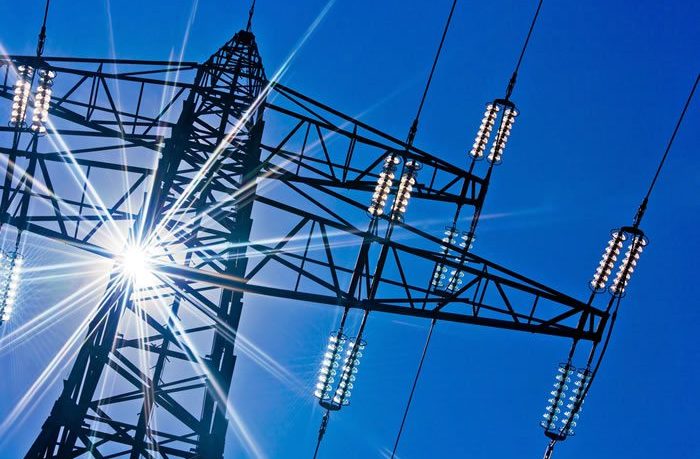- Due to the continued improved generation fleet performance and emergency reserves fully recovered, load shedding will remain suspended and only resume on Tuesday at 16:00, South Africa’s state owned energy utility, Eskom, said on Sunday.
“Stage 1 load shedding will be implemented on Tuesday from 4pm until 5am on Wednesday. Thereafter, load shedding will be suspended from 5am until 4pm, followed by Stage 1 load shedding from 4pm until 5am on Thursday,” Eskom said. This pattern will be repeated daily until further notice.
Breakdowns are currently at 13 559MW, while planned maintenance is at 4 765MW of generation capacity. Demand forecast for the evening peak is 25 054MW.

Eskom energy availability factor (EAF) from Week 1, 2021, to Week 41, 2023. Credit: Chris Yelland – EE Business Intelligence. Data source: Eskom
According to Chris Yelland, a respected energy analyst in South Africa and founder of EE Business Intelligence, Eskom’s energy availability factor (EAF) has improve over the last three weeks but remains in decline year on year. The EAF for Week 41 is 58.83% EAF for 2023 calendar year to Week 41, 2023 is 54.71%. EAF for same period last year, i.e. 2023 calendar year to Week 41, 2022 was 59.18%.
Eskom’s X account reports the following generation status:
Traditionally, as the hot summer months come on in South Africa Eskom’s EAF declines, leading to higher stages of loadshedding (blackouts).
Author: Bryan Groenendaal
















